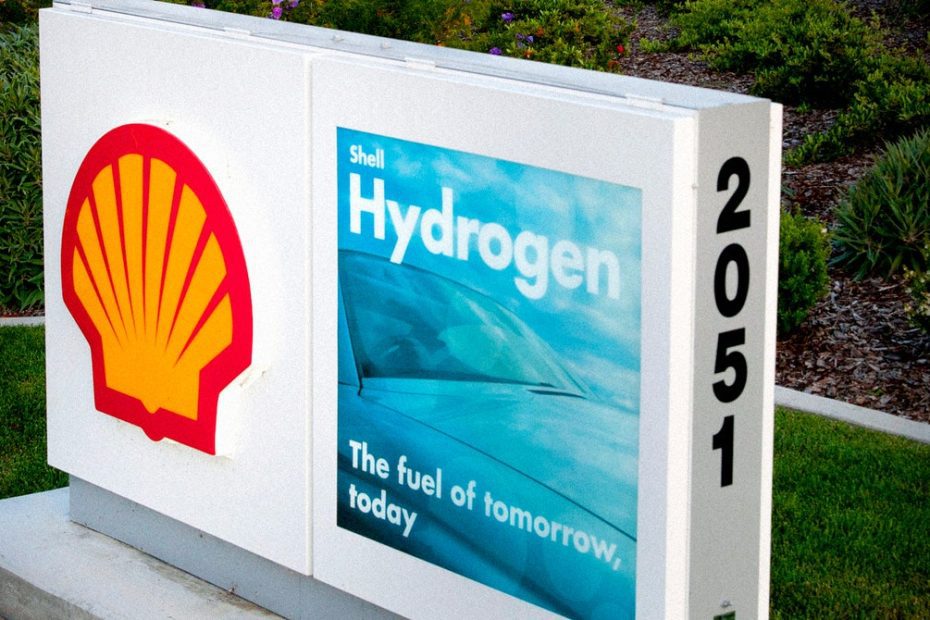In the meantime, Fulton says California has focused on building infrastructure for heavy vehicles like trucks and buses, hoping the passenger market can restart with the help of a growing freight market.
By focusing on the heavy-duty vehicle market, California could theoretically create a stronger supply of clean hydrogen, lowering costs and increasing availability, said Fulton, who is also an advisor to ARCHES, the California hydrogen hub that will provide $1.2 billion dollar won. of conditional funding from the US Department of Energy.
“ARCHES is targeting 50 to 60 truck-oriented stations in the state by 2030, and with various fuel islands and pressurization systems, these can also serve light vehicles,” he said.
California's problems with hydrogen vehicle infrastructure have provided some clear lessons about the broader use of the technology.
“The problem is that they are expensive and require a tremendous amount of maintenance,” says Jim Bowe, a Washington, D.C.-based partner at King & Spalding, an international law firm. “Fleets that have explored the option of hydrogen buses often hesitate when they realize how much more maintenance is required, not only for the fueling facilities, but also for the vehicles themselves, compared to combustion engines or batteries.”
California-based FirstElement Fuel, another hydrogen fueling station provider, is being positioned as a potential winner amid the crisis for the sector. The company operates under the name True Zero and currently has the most active hydrogen fueling stations in California, but is still working to become profitable, according to sources familiar with the company. (FirstElement executives did not respond to interview requests.)
According to Iwatani's lawsuit, Nel was able to hide the fact that the stations it installed were not operational until early 2023, when continued failures prompted Iwatani to launch its own investigation.
Nel achieved this subterfuge by requiring Iwatani to enter into an exclusive maintenance contract with Nel, essentially shifting the cost of testing the stations to Iwatani, the lawsuit alleges.
Nel's current CEO, Håkon Volldal, an individual defendant in the case, acknowledged the shortcomings around the same time. In an earnings call last year, he said of the hydrogen filling stations: “I think it's fair to say that the technology that was installed was immature and the quality wasn't good enough, and we're struggling with all the work we have to do. doing. do to keep these stations running, to solve problems, to send personnel on site.”

